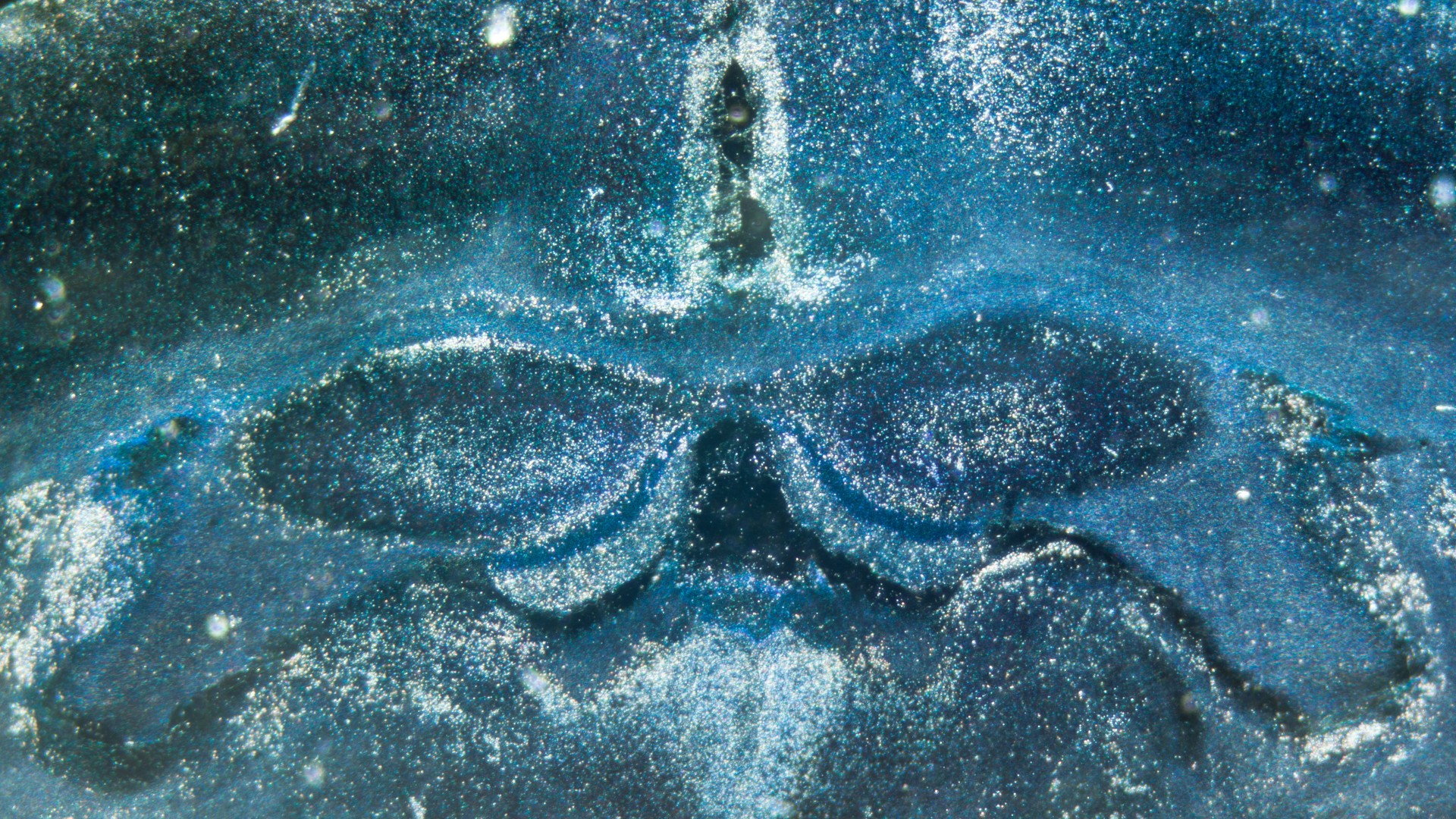Neurons aren't the only cells that make memories in the brain, rodent study reveals
Blood-vessel-making cells called pericytes collaborate with neurons to form long-term memories in the mouse brain.

Neurons, the brain cells responsible for relaying chemical and electrical messages, have long been considered the key players in memory formation — but new research in rodents suggests that the cells may have an unsung-but-crucial collaborator.
The findings could have implications for research into memory and associated diseases, such as Alzheimer's disease.
Found in the walls of tiny blood vessels called capillaries, the collaborators, called pericytes, are crucial for regulating blood flow in the brain, forming blood vessels, controlling the entry of immune cells into the central nervous system, and constituting and maintaining the blood-brain barrier, a thin border of cells that allows only select molecules to move between the brain and blood.
In addition to these jobs, pericytes also work with neurons to form and store long-term memories, according to a study published Monday (Oct. 2) in the journal Neuron.
"We now have a firmer understanding of the cellular mechanisms that allow memories to be both formed and stored," Cristina Alberini, senior study author and a professor of neural science at New York University (NYU), said in a statement. "It's important because understanding the cooperation among different cell types will help us advance therapeutics aimed at addressing memory-related afflictions," she added.
Related: How does the brain store memories?
In the new study, the authors looked at a protein called insulin-like growth factor 2 (IGF2), whose production surges in the hippocampus, a key region of the brain for making long-term memories, after learning. For example, there's an uptick in IGF2 after an animal is trained to be fearful of scenarios that they've come to associate with a mild electric shock to the foot.
Sign up for the Live Science daily newsletter now
Get the world’s most fascinating discoveries delivered straight to your inbox.
In mice and rats, the researchers found that pericytes produce most of this IGF2 in the hippocampus. This production seemed to be triggered by the activity of nearby neurons; when starting to form memories, neurons in the hippocampus send each other a flurry of chemical messages and the channels of communication between those cells begin to grow stronger. The researchers aren't yet sure how this activates the nearby pericytes, but it does seem that the neurons kick off the memory-making process.
In other experiments, the researchers stopped pericytes from producing IGF2 but didn't stop other types of cells from doing so, such as neurons and connective tissue-making cells called fibroblasts. This not only hindered the rodents' ability to make long-term memories — for example, of objects they'd been trained to recognize — but also blocked the action of genes that normally switch on in neurons during memory making.
Taken together, these experiments suggest that pericytes need to produce IGF2 for neurons to successfully make long-term memories.
Going forward, the authors want to explore whether IGF2 engages with other types of cells in the brain and whether similar collaborations between neurons and pericytes happen elsewhere in the brain. In their paper, they wrote that it would be valuable to understand whether this mechanism involves all of the pericytes in the hippocampus or only a selective group of them.
The findings may improve our understanding of brain diseases that involve the loss of long-term memories, such as Alzheimer's disease, which has also been linked to dysfunctioning pericytes.
"This work connects important dots between the newly discovered function of pericytes in memory and previous studies showing that pericytes are either lost or malfunction in several neurodegenerative diseases, including Alzheimer's disease and other dementia," study co-author Benjamin Bessières, a postdoctoral researcher at NYU, said in the statement.
But more research is needed, particularly in humans.
"Our study provides a new view of the biology of memory — though more research is needed to further understand the roles of pericytes and the vascular system in memory and its diseases," Alberini said in the statement.

Emily is a health news writer based in London, United Kingdom. She holds a bachelor's degree in biology from Durham University and a master's degree in clinical and therapeutic neuroscience from Oxford University. She has worked in science communication, medical writing and as a local news reporter while undertaking NCTJ journalism training with News Associates. In 2018, she was named one of MHP Communications' 30 journalists to watch under 30. (emily.cooke@futurenet.com)










